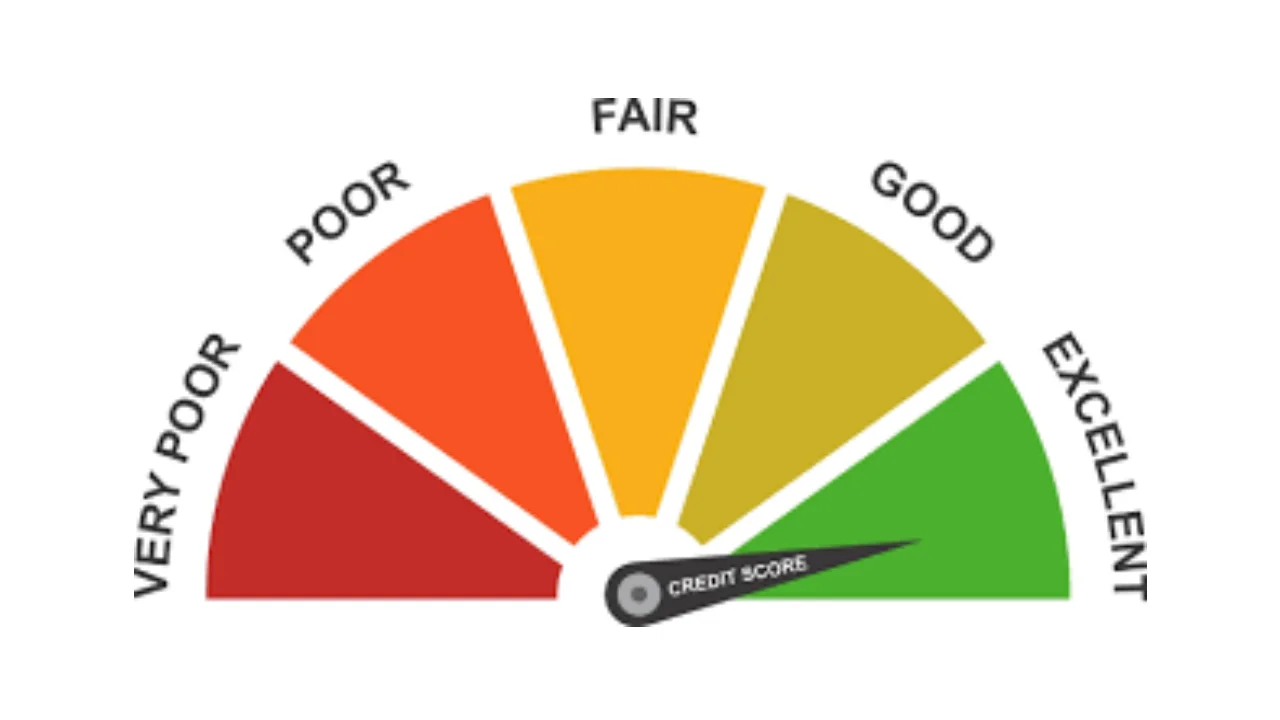Credit Card Myths Damaging Your Credit Score
Have you ever wondered why your credit score remains stagnant despite conscientiously following all the essential guidelines? IIt’s common to encounter widespread misconceptions about credit cards that can mislead and negatively impact your credit score. Clearing up these myths is essential for fostering a healthier relationship with credit cards and improving your creditworthiness. Our goal is to debunk seven of the most prevalent credit card myths, empowering you to better manage your finances and strengthen your credit profile.
Myth 1: Having a credit card is not advisable due to the risk of accumulating damaging debt. However, it depends on the individual’s responsibility and financial management. Credit cards don’t force spending; it’s crucial to use them wisely, as responsible usage can lead to financial stability and a high credit score.
Myth 2: It’s not universally wise to steer clear of having multiple credit cards. For those with disciplined financial habits, owning several cards can actually be advantageous. Spreading expenses across various cards can improve your credit-to-debt ratio, ultimately boosting your credit score.
Myth 3: Maintaining a balance on your credit card doesn’t enhance your credit score. Instead, having a consistently high balance can harm both your financial well-being and credit rating. It’s crucial to pay off the entire outstanding balance before the due date to ensure stability.
Myth 4: Merely paying the minimum required sum falls short. Though it meets the basic obligation, it’s not recommended. This approach could result in extra interest fees and harm your credit rating. Ensuring you settle the entire amount owed before the grace period expires is crucial. This practice prevents debt accumulation and preserves a favorable credit-to-debt ratio.
Myth 5: The belief that credit cards should only be used for big purchases is mistaken. Credit cards frequently provide rewards and cashback for routine expenses such as groceries and gas. Utilizing a credit card for everyday spending can be advantageous as long as it’s done prudently to optimize rewards.
Myth 6: Deciding to close inactive credit cards may not always be advantageous. Maintaining a dormant credit card can actually aid in establishing a favorable credit history. Having multiple credit card accounts might decrease your credit utilization ratio, which could ultimately boost your credit score.
Myth 7: Examining your credit report doesn’t adversely affect your credit score. Despite common misconceptions, regularly checking your credit report is classified as a soft inquiry, meaning it doesn’t dent your score. It’s advisable to keep tabs on your credit report routinely to verify its accuracy and identify any possible concerns.
Frequently Asked Questions(FAQs)
Q1: Can having a credit card harm my credit score?
A1: No, simply having a credit card won’t harm your credit score. Your credit score depends on how responsibly you manage your card. Mismanagement and accruing debt can lower your score.
Q2: Is it wise to avoid having multiple credit cards for a good credit score?
A2: Not necessarily. If you’re disciplined, having multiple cards can be beneficial. Smartly spreading expenses across cards can improve your credit-to-debt ratio.
Q3: Does carrying a balance on my credit card help my credit score?
A3: No, carrying a high balance isn’t good for your credit score. Paying off the full balance before the due date is crucial for financial stability.
Q4: Is paying only the minimum amount due on my credit card enough?
A4: No, it’s not advisable. Paying only the minimum can lead to high-interest charges and hurt your credit score. Paying the full amount on time is recommended.
Q5: Should I reserve my credit card for big purchases only?
A5: No, credit cards often offer rewards on everyday expenses like groceries and fuel. Using your card for daily purchases can be beneficial if you manage your spending wisely.
Q6: Is it a good idea to close unused credit cards to boost my credit score?
A6: Not always. Keeping inactive cards can help build a positive credit history. Closing them might affect your credit utilization ratio and average account age.
Q7: Will checking my credit report frequently lower my credit score?
A7: No, it won’t. Checking your credit report is a soft inquiry and doesn’t harm your credit score. Regularly monitoring it is essential for accuracy and detecting issues.

